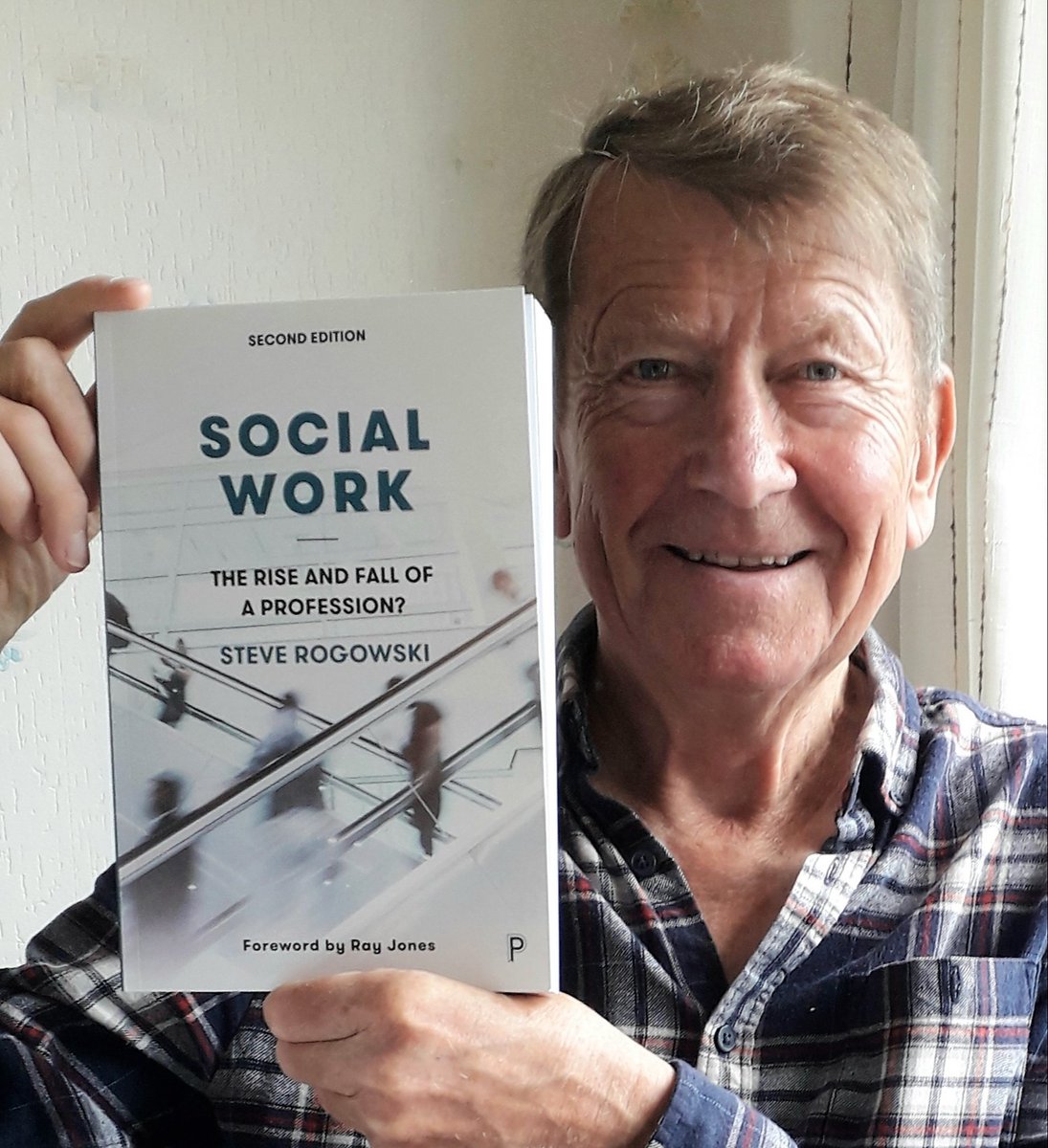This article was originally going to be published within Professional Social Work Magazine, however, we are glad we are able to publish it here.
Going Through the Motions? The Review of Children’s Services/Social Care
The Department for Education’s (DfE) review into children services/social care under Josh MacAlister, the Frontline chief, has been broadly welcomed by sector leaders and children’s organisations. However, is it all really as it seems? Not least there are concerns over the review’s independence because of the DfE’s direct funding of Frontline, the fast-track training provider for children’s social workers, and ministers’ vocal championing of the organisation since its inception.
The review will consider how the children’s social care system responds to referrals and consider the full spectrum of need from early help to looked-after children. Within the care system, it will look at fostering, residential and kinship care, though it will be up to review to decide whether it covers adoption support. It will also be up to the review to decide whether to include care leavers, despite the DfE’s terms of reference highlighting the poorer adult outcomes experienced by people who have been through the care system.
The DfE said the review would tackle challenges including the sharp increase in recent years in the number of looked after children and the failure of the system to provide sufficient stable homes for children. Specific issues include: the capacity and capability to support families to prevent children being taken into care unnecessarily; hearing the voices of children, young people, and adults that have received the help or support of a social worker, or who have been looked after; and how partner agencies, such as health and police, interact with children’s social care. Importantly, a key question is how social care funding, workforce and other resources can be used most effectively to change children’s lives and represent good value for money.
Although it might be well and good to embark on such a review, there are certainly caveats to all of this. First, there is the spectre of cronyism concerning MacAlister’s direct appointment rather than through a formal process. Second, there are concerns about the fast-track child protection training scheme Frontline, including its students being privately and generously funded when compared to university social work education and social work students. And third, a decade of Conservative governments’ austerity has led to drastic cuts to key family supports including local authority children’s services, so it is little wonder this has impacted on such services’ capacity and capability to support families and prevent children being taken into care.
But, like Ray Jones in his book ‘In Whose Interest? The Privatisation of Child Protection and Social work’, it is Frontline that I want to dwell on a little here. Within the debate about privatisation and marketisation, both key signifiers of neoliberalisation, little attention is given to the influence of global big business on social work and social care reform. As a result, there has been little critical exploration of the potential implications of this for social work practice and policy. And Frontline is a key example of big money’s incursion into English social work by Boston Consultancy Group (BCG) and others, with BCG being one of the largest management consultancies in the world. Surely such lineage indicates the likely direction of travel for social work and social work education in the UK being to advance private business interests in the public sector. It is hardly a revelation that global corporations are frequently involved in morally questionable activities, but it is unprecedented for an English social work training programme to be part-founded by a global management consultancy.
While recognising we are all caught in the invidious compromise of neoliberalism, it is still legitimate to ask why Frontline has partnered with firms and corporations whose conduct is often counter to social work values? Several other important questions also arise: what have such firms to offer an English social work training scheme? What do they receive in return and at what cost to the public trust in the profession?
Bearing all this in mind, it is no surprise many consider the review is largely going through the motions and that the government and hence the review already know many of its final thoughts and recommendations. For example, the focus of the review includes value for money and the most sustainable and cost-effective way of delivering services including who is best placed to deliver them. An obvious concern is that this could lead to the review to see looked after children as a cost that needs reducing, with the way forward including increased outsourcing or privatisation/marketisation of services. This in turn leads to questions about the morality of profits being made on the backs of vulnerable children and their families.
In short, it is surely time to critically consider and resist the mantra of ‘private sector good, public sector bad’.
Dr Steve Rogowski is a social worker/independent scholar.


